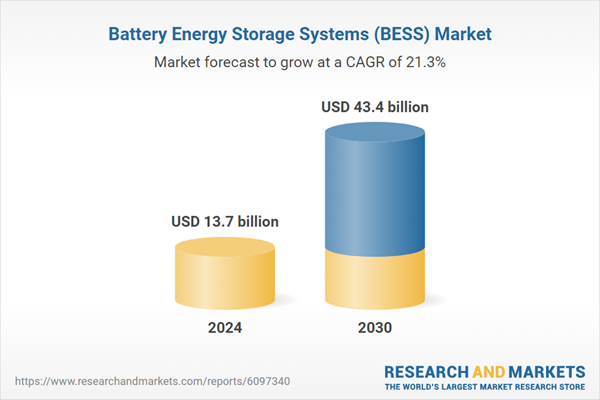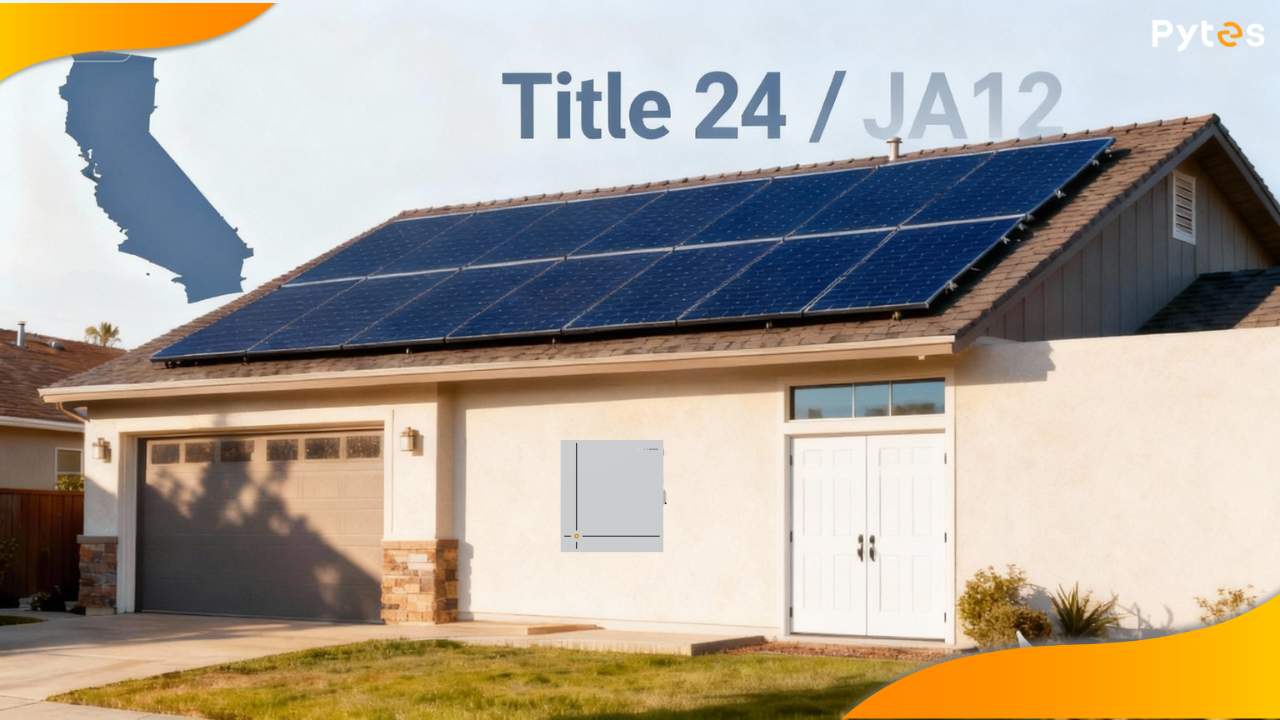What are Solar batteries?
Solar batteries store electric power in chemical form then you can use that energy whenever you needed and
especially at the time when solar panels are not generating power. Solar battery commonly associates with solar
panel systems. Actually, solar batteries can store any electric power from any electricity source, which includes grid
power or other renewable sources like wind turbines.
There are different types of battery chemistries used in solar batteries, each with its own advantages and limitations.
The batteries include lead-acid, lithium-ion, nickel-cadmium, and redox flow batteries. The choice of battery
chemistry depends on the specific application and desired performance.
Two important factors to consider to evaluate solar batteries are the rated power output (kW) and energy storage
capacity (kWh). The rated power indicates the total electrical load that can be connected to the battery and the
storage capacity indicates how much electricity the battery can hold. For instances, a solar battery with a rated power of 5 kW and a storage capacity of 10 kWh can power up to 5,000 watts (or 5 kW) of electrical load. It can sustain the
load for two hours (5 kW x 2 hours = 10 kWh).
The rated power of solar panels and battery storage systems may not be the same. In a scenario with a 10 kW home
solar system, the system containing battery may have a rated power of 5 kW and a storage capacity of 12 kWh which is designed for optimized energy usage throughout the day and night.
Solar batteries benefit the solar power systems by providing efficient energy storage and enabling the usage of stored energy even during periods of low solar generation. With advancements in battery technology, solar battery systems are becoming increasingly popular, allowing homeowners and businesses to harness renewable energy more
effectively and reduce their reliance on the grid.
How Much Do Solar Batteries Cost?
Here is a table outlining the key features of four common types of solar batteries and their average cost in residential settings:
Battery Chemistry | Lifespan (cycles) | Average Cost (residential) |
Lead-acid | 500-1,000 | $5,000 - $10,000 |
Lithium-ion | 3,000-7,000 | $10,000 - $15,000 |
Nickel-cadmium | 1,000-2,000 | $20,000 - $30,000 |
Redox flow battery | 10,000+ | $15,000 - $20,000 |
The cost ranges are approximate and can be different depending on various factors such as battery capacity, brand,
installation costs, and local incentives. It is recommended to get quotes from reputable solar installers and evaluate
the specific requirements of your project to get an accurate cost estimate for a solar battery system. Furthermore, it's always advisable to perform a cost-benefit analysis considering factors like electricity rates, solar production, and
potential savings.
The types of solar batteries:
1.Lead-Acid Batteries:
1.1-Established technology, commonly used in off-grid solar energy systems.
1.2-Affordable and easily accessible.
1.3-Typically have a lifespan of 500-1,000 cycles.
1.4-Must be fully recharged after each use to maintain lifespan.
1.5-Requires charge controllers to regulate charging current.
2.Lithium-Ion Batteries:
2.1-Popular choice for home solar applications.
2.2-Synergy with solar panels and wind turbines.
2.3-Provide higher efficiency and longer lifespan compared to lead-acid batteries.
2.4-LFP batteries have a service life of 3000-7000 depending on different brand, which makes the batteries ideal for solar installations.
2.5-Some models come with built-in chargers and controls.
2.6-The LFP can suffer from thermal runaway at high temperatures, so proper installation and quality control are
important.
3.Nickel-Cadmium Batteries:
3.1-Durable and tolerant to high temperatures.
3.2-Commonly used in industrial and utility applications but not recommended for homes due to the toxicity of
cadmium.
4.Redox Flow Batteries:
4.1-Store energy by separating positive and negative charges in chemical solutions.
4.2-Suitable for large-scale applications, but not cost-effective for small-scale project
4.3-Space requirement is a significant limitation.
4.4-Not viable for home solar systems.
It's important to choose the type of solar battery that best suits your specific needs and requirements. Consider
factors such as cost, lifespan, charging/discharging capabilities, and space availability when making your decision. We recommend that choosing LFP batteries as a home solar energy storage system battery.
When choosing a solar battery, here are some factors to consider:
1.Energy Needs: You should calculate your average energy consumption to determine the battery capacity that will
meet your needs.
2.Battery Type: You should consider the advantages and disadvantages of different battery types, such as lead-acid,
lithium-ion, nickel-cadmium, and redox flow batteries. Then choose the type that best suits your requirements, such
as lifespan, efficiency, and cost.
3.System Compatibility: You should investigate the solar battery compatibility whether the battery suits the inverters
that you have.
4.Backup Power Capability: If you want to use the battery as a backup power source during outages, ensure that the
battery can operate off-grid and that it is designed for backup power.
5.Cost Analysis: You should consider the cost of ownership and potential savings. Then you can evaluate if a solar
battery can help you avoid high electricity prices during peak hours, reduce energy demand charges, or provide a
backup power source.
6.Incentives: Research available tax credits, incentives, and rebates for solar batteries. In the United States, the federal tax credit can be combined with local incentives to improve the financial return on a solar battery system.
Overall, it's important to evaluate your energy needs, system compatibility, backup power capability, cost analysis,
and available incentives when choosing a solar battery. Consulting with a professional solar installer can also help you make an informed decision.


